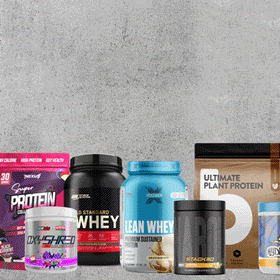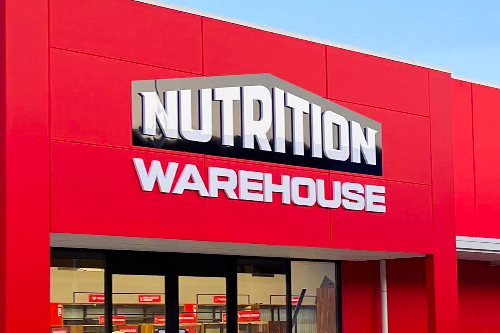After an intense workout, we’re all familiar with that post-session muscle soreness and stiffness. While rest, stretching, sports massage, and proper nutrition all play a role in helping your body bounce back, one key nutrient stands out for its powerful recovery benefits: magnesium.
There’s no true shortcut when it comes to recovery, but magnesium comes pretty close. This essential mineral is tied to a wide range of health benefits — especially when it comes to supporting muscle function and reducing post-workout discomfort. Let’s take a closer look at how it works.
What Exactly Is Magnesium?
Magnesium is the fourth most abundant mineral in the human body and is essential for hundreds of biochemical reactions. It’s involved in everything from blood pressure regulation and energy production to heart health, nerve function, sleep quality, and muscle movement. Simply put, your body relies on magnesium to keep many vital processes running smoothly.
You can boost your magnesium levels through a variety of nutrient-dense foods like spinach, almonds, pumpkin seeds, salmon, tofu, and avocado, or by adding a magnesium supplement to your routine — available in convenient powder or tablet form.
How Magnesium Supports Muscle Recovery
When it comes to easing muscle soreness and improving recovery, magnesium plays a crucial role in managing muscle contractions. It works as a natural calcium blocker, which helps muscles relax after contracting.
Here’s how it works: magnesium and calcium both bind to muscle proteins like troponin C and myosin, but they have opposite effects. Calcium triggers contraction, while magnesium helps muscles relax. Without enough magnesium, calcium can dominate — leading to cramps, spasms, and prolonged tension.
By replenishing magnesium after a workout — either through food or supplements — you support optimal muscle function, reduce the risk of painful contractions, and help your body recover faster.
Is Magnesium Worth Supplementing?
A balanced diet should, in theory, provide all the magnesium you need. However, research suggests that many people don’t reach their recommended daily intake, especially those who train hard. If you fall into that category, adding a high-quality magnesium supplement could make a noticeable difference in your recovery and overall performance.
Types of Magnesium Supplements
Magnesium supplements come in different forms, each with unique absorption rates and benefits. Here’s a quick breakdown:
- Magnesium Glycinate (or Bisglycinate): Highly absorbable, gentle on digestion, and great for muscle relaxation and sleep support thanks to the calming properties of glycine.
- Magnesium Citrate: A popular, well-absorbed option for boosting overall magnesium levels. It may also support digestion, though higher doses can have a mild laxative effect.
- Magnesium Malate: Bound to malic acid, which aids energy production. It’s well-tolerated and supports both muscle recovery and energy levels.
- Magnesium Chloride: Easily absorbed and available in both oral and topical forms. Lotions and bath flakes can deliver magnesium directly through the skin for localised relief.
- Magnesium Sulfate (Epsom Salts): Ideal for a relaxing soak to ease sore muscles, though it’s less effective for correcting deficiencies compared to oral forms.
- Magnesium Oxide: The least bioavailable form, better suited for digestive support rather than muscle recovery due to its strong laxative properties.
Tough training sessions deplete your body’s resources — and magnesium is one of the most important nutrients to replace. Whether you load up on magnesium-rich foods or choose a supplement that suits your needs, giving your body this crucial mineral can make a real difference in how quickly you recover and how strong you feel going into your next session.












































